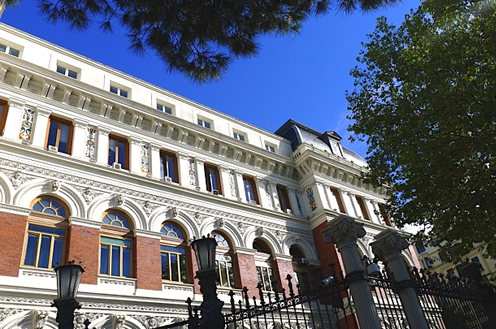Spain's participation at the Summit
Bonn Climate Summit (COP 23) lays foundations for application of Paris Agreement and maintains political drive to fight climate change
News - 2017.11.18
This summit managed to meet the goals established to arrive at COP24, to be held in Poland, with a well-defined Work Programme agreed by all countries that will allow the commitments taken on in Paris to be implemented. The Bonn Climate Summit has been an important summit in drafting the minutiae of the text and thus apply the Paris Agreement. This summit, due to its technical nature, does not have the same visibility as the Paris Summit, but the success of the Bonn Summit is that it has undoubtedly shown that the international community is pushing on with the climate agenda. Work continued in Bonn in building on the Paris Agreement and there has been no delay in any of the issues addressed.
This summit had three main goals that have been achieved: making progress on the Work Programme of the Paris Agreement that must be completed in 2018; approving the design and modalities of the Facilitating Dialogue (Talanoa Dialogue), which will be held next year; and promoting the agenda of vulnerability of the Fijian Presidency for people and States that suffer the greatest impact of climate change.
During this summit, the European Union, headed up by the European Commissioner for Energy and Climate Action, Miguel Arias Cañete, played a key instrumental and political role in achieving the results obtained. Spain actively participated in the negotiations over the course of the two weeks that the conference lasted.
Driving climate action
The Spanish delegation was headed up by the Minister for Agriculture and Fisheries, Food and Environmental Affairs (Spanish acronym: MAPAMA), Isabel García Tejerina, and the State Secretary for the Environment, María García Rodríguez, who held various meetings, including with the President of the IPCC, with the Presidency of COP 23, and with the Executive Secretary of the United Nations Framework Convention on Climate Change (UNFCCC).
The minister also chaired a new meeting of the Ibero-American Network of Climate Change Offices and took part in the high-level round table of the "4 per 1,000 Initiative".
Non official translation





